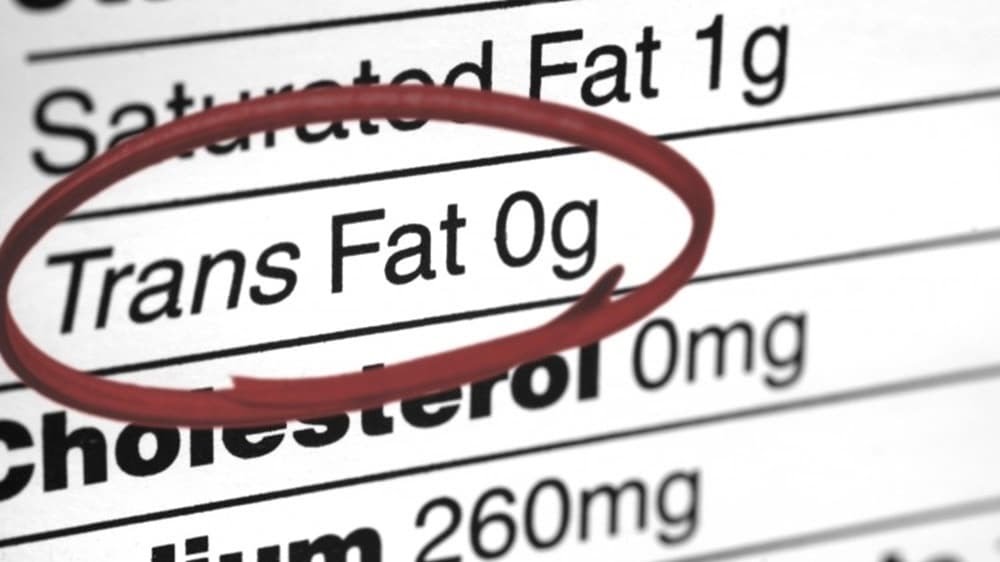
Islamabad – In response to the World Health Organization’s (WHO) recent “5-year milestone report on global trans-fat elimination 2023,” the civil society of Pakistan has called the attention of policymakers and legislators to regulate the industrially-produced trans-fatty acids (iTFAs) to 2% of the total fat in all dietary sources across Pakistan.
Industrially produced trans-fatty acids are harmful compounds commonly found in many processed foods. They have been conclusively linked to over 200,000 heart disease-related deaths in Pakistan annually. The WHO’s report highlights the substantial progress made globally but also underscores the urgent need for accelerated action in regions lagging behind, including Pakistan.
Munawar Hussain, In-country Coordinator at GHAI, emphasized the urgent need for regulation in Pakistan. He said “The evidence is clear, trans fats have no place in our food supply. The health of our citizens is at risk, and it is imperative that Pakistan enacts and enforces the World Health Organization’s recommended best-practice policies to eliminate these harmful substances from our diet. Public interest should always be paramount and protecting the health of our citizens should be our top priority.”
Echoing this sentiment, Afshar Iqbal, Director Communications and Advocacy at Pakistan Youth Change Advocates (PYCA), stated, “Public awareness and support are crucial in this fight. By educating the public about the dangers of trans fats and advocating for stringent regulations, we can save thousands of lives annually.”
The WHO report acknowledges that while progress has been made, more work is needed to achieve global elimination of trans fats by 2025 extended timelines. Though Pakistan missed the 2023 timelines but now has a unique opportunity to contribute significantly to this goal. By implementing comprehensive regulations and ensuring compliance, Pakistan can protect its citizens from the harmful effects of trans fats and join the ranks of nations that have successfully addressed this public health threat.
Mukhtar Ahmed, Executive Director of the Centre for Peace and Development Initiatives, Pakistan (CPDI), called for a unified national effort. He said that “Pakistan is currently placed in the ‘less restrictive’ category by the WHO indicating that more work needs to be done to protect public health from the hazards of iTFAs. The success stories from countries that have effectively eliminated trans fats demonstrate that it is not only achievable but also essential.”
TRANSFORM Pakistan a campaign by civil society organizations aligns its goals with the WHO’s recommendations, calling for the immediate enactment of best-practice policies by limiting iTFA to less than 2 per cent of the total fats in all food sources. The campaign also encourages Pakistan to apply for the WHO Validation Certificate for TFA elimination, which audits and recognizes effective policy implementation.
The Pakistan Standards and Quality Control Authority is responsible for enacting standard regulations for all foods to adopt best practice policies. Civil society organizations have called for immediate action by the national regulatory body, as each day of delay contributes to the suffering and deaths of people in Pakistan due to diseases linked to the consumption of iTFAs in the diet.